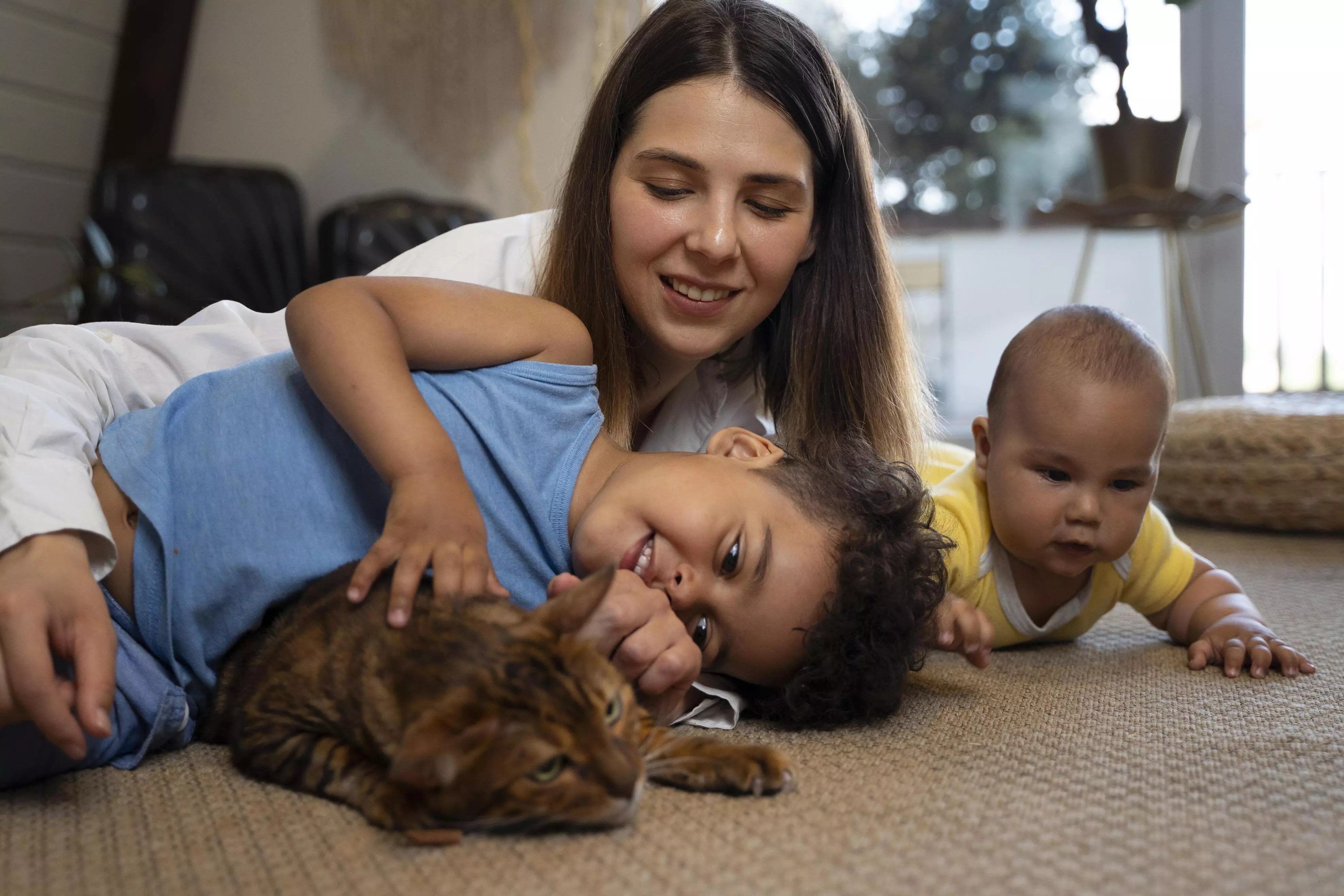Do Children Owe Their Parents Anything?
The question of whether children owe their parents anything is deeply rooted in cultural values, societal norms, and personal beliefs.

The question of whether children owe their parents anything is deeply rooted in cultural values, societal norms, and personal beliefs. The perspectives on this topic vary significantly between Eastern and Western cultures, reflecting differences in familial expectations, independence, and duty.
The Cultural Perspective
In Eastern societies, particularly in India, China, and Japan, there is a long-standing tradition of familial responsibility. The social structure is designed to ensure that every generation takes care of the one above and below it, creating a sustainable cycle of care. In India, for instance, children are naturally expected to look after their aging parents, not as an obligation but as a fundamental duty.
The joint family system has historically reinforced this idea, with grandparents playing an active role in the lives of their grandchildren. This ingrained belief system stems from witnessing previous generations fulfilling the same responsibilities. Thus, children taking care of their parents is not seen as a favour but as a natural continuation of a long-standing practice driven by love and respect.
The Western Perspective
In contrast, Western cultures place a higher emphasis on independence. Children are encouraged to become self-sufficient from an early age, often taking on part-time jobs as teenagers to support themselves. By the time they reach adulthood, they typically leave home, finance their own education, and eventually set up independent lives.
While love and affection remain strong, there are clear boundaries regarding responsibilities. Aging parents do not automatically expect their children to care for them. Instead, they often rely on savings, pensions, or retirement facilities. In cases where children do provide support, it is usually financial assistance or arranging for a comfortable senior living facility.
The Emerging Dilemma in India
With globalization and westernization influencing Indian culture, the traditional notion of children caring for their parents is undergoing a transformation. Many young Indians are moving abroad for education and work, settling in foreign countries and raising families there. This has led to a growing number of elderly parents living alone in India, leading to a crisis, especially evident during emergencies like the COVID-19 pandemic.
Parents who once encouraged their children to seek better opportunities abroad now face the emotional and logistical challenges of aging alone. The expectation of care and companionship clashes with the reality of geographical distance, visa restrictions, and financial constraints. This shift has resulted in a rising demand for high-quality retirement homes and assisted living facilities in India, reflecting a change in how aging parents are cared for.
Looking Ahead: A Changing Dynamic
As these cultural shifts continue, both parents and children are adapting. Parents may begin to expect less direct involvement from their children, while children might seek new ways to fulfill their responsibilities from afar. The concept of duty towards parents may not disappear, but its execution will likely evolve, incorporating financial support, remote caregiving, and reliance on professional elderly care services.
Ultimately, the question of whether children owe their parents anything cannot be answered with a simple yes or no. It is shaped by cultural upbringing, personal circumstances, and the evolving dynamics of family life. While love and respect remain universal values, how they manifest in caregiving responsibilities will continue to shift with time.
Dr. Pallavi Rao Chaturvedi.

